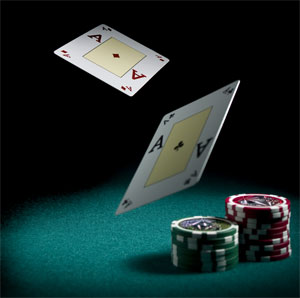
Rndballref
20 Years Experience
Chicago, IL
Male, 60
For twenty years I officiated high school, AAU and park district basketball games, retiring recently. For a few officiating is the focus of their occupation, while for most working as an umpire or basketball referee is an avocation. I started ref'ing to earn beer money during college, but it became a great way to stay connected to the best sports game in the universe. As a spinoff, I wrote a sports-thriller novel loosely based on my referee experiences titled, Advantage Disadvantage
There is no specific prohibition or wordlist which a player cannot use (except unsportsmanlike language such as profanity, racial slurs, etc.)/
No, he should not be allowed to pull all of the players from the lane. The only requirement is that the opposing team of the free thrower must put a player on each of two lower blocks. This rule is in place because after the last free throw it takes two players to get the ball in play.
What should have happened is the coach should have been warned for a delay of game and if not responding then an indirect technical foul. The team opposite the free thrower must put two players on the lower block.
That is true, but if a referee called everything technically the game would be unplayable and unwatchable. For example, the rule used to be that on a throw in, if the player didn't take the shortest path onto the court after throwing in the ball in, it was a technical foul. I never called it that way, and never worked with anyone who did. Finally, NFHS changed this action to a violation and now it gets called. Likewise, any carrying the ball, by rule, is an illegal dribble. But if a player is bringing the ball up from the backcourt unguarded and is turning the ball over, I am not going to call that until he is guarded. (Officiating principle = Advantage Disadvantage).
I get that you are annoyed that a team can get back in a game by fouling a team who cannot shoot free throws, but while I think intentional fouls need to be clarified, I believe most people do not take your literal interpretation of the game and don't mind "going for the ball" common fouls as a legitimate strategy. Again, I say a shot clock would remove much of the reason to purposely foul.
A kick is the intentional contact with the leg or foot. As you describe it sounds unintentional, and therefore not a kick.
Professional Poker Player
 Are you worried that online poker is rigged?
Are you worried that online poker is rigged?
Dry Cleaner
 Why do dry cleaners have autographed pictures on their walls?
Why do dry cleaners have autographed pictures on their walls?
Bodybuilder
 How prevalent is steroid use in pro bodybuilding?
How prevalent is steroid use in pro bodybuilding?
The assignment chairperson should never entertain your tape. Your coach probably tapes the games and the coach (or athletic director) should deal with the quality of the officiating. In my opinion you are getting in too deep, without a real understanding of how the officials are trained. For example, they may see what you are yelling about but they may be making an "Advantage Disadvantage" judgement (this is discussed in a previous question).
I searched through the NBA rulebook and could not find a foul called "showboating". There is a broad definition of unsportsmanlike conduct, but nothing specifically called show boating.
Sounds like you are getting a late start but I would never discourage anyone from pursuing their dream. By the way, Michael Jordan was cut from his high school team and clearly he stuck to it.
-OR-
 Login with Facebook
Login with Facebook (max 20 characters - letters, numbers, and underscores only. Note that your username is private, and you have the option to choose an alias when asking questions or hosting a Q&A.)
(A valid e-mail address is required. Your e-mail will not be shared with anyone.)
(min 5 characters)
By checking this box, you acknowledge that you have read and agree to Jobstr.com’s Terms and Privacy Policy.
-OR-
 Register with Facebook
Register with Facebook(Don't worry: you'll be able to choose an alias when asking questions or hosting a Q&A.)